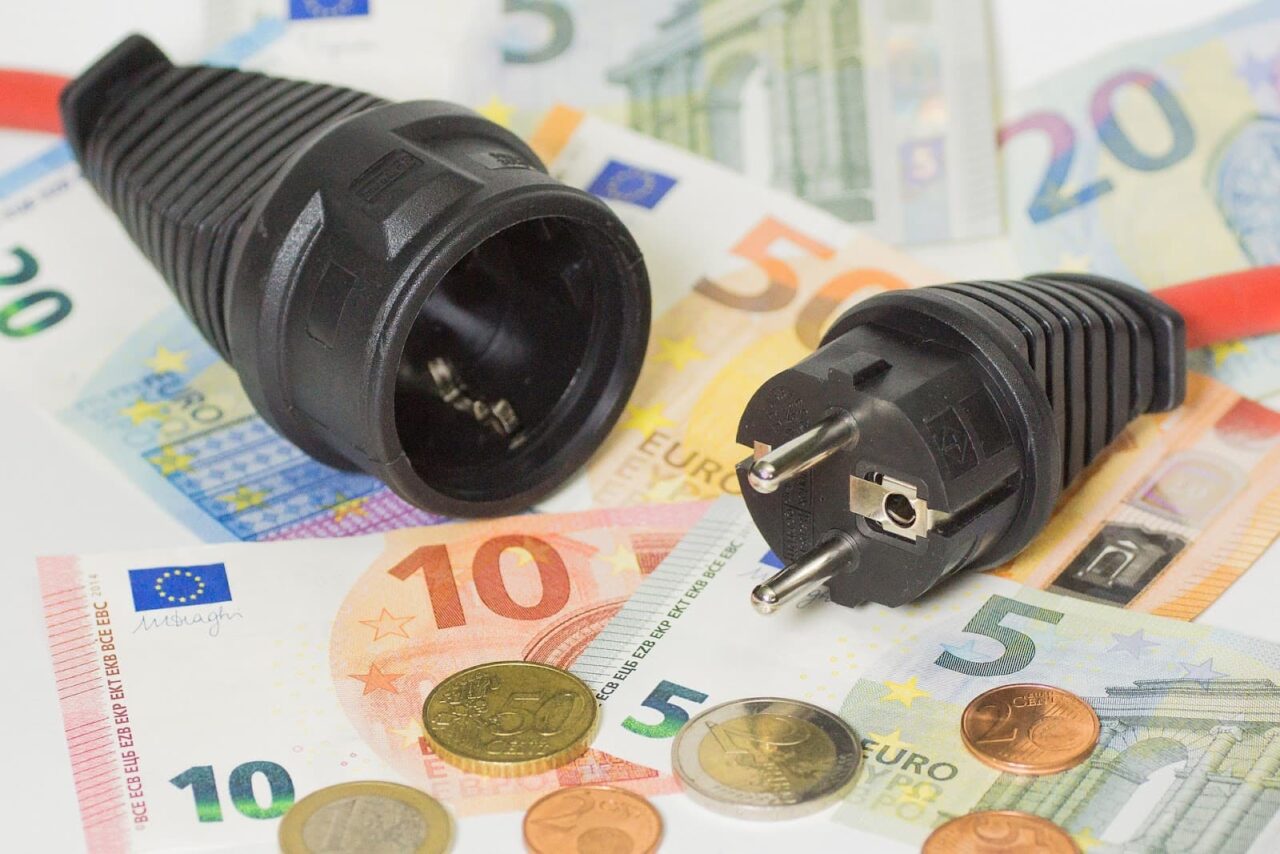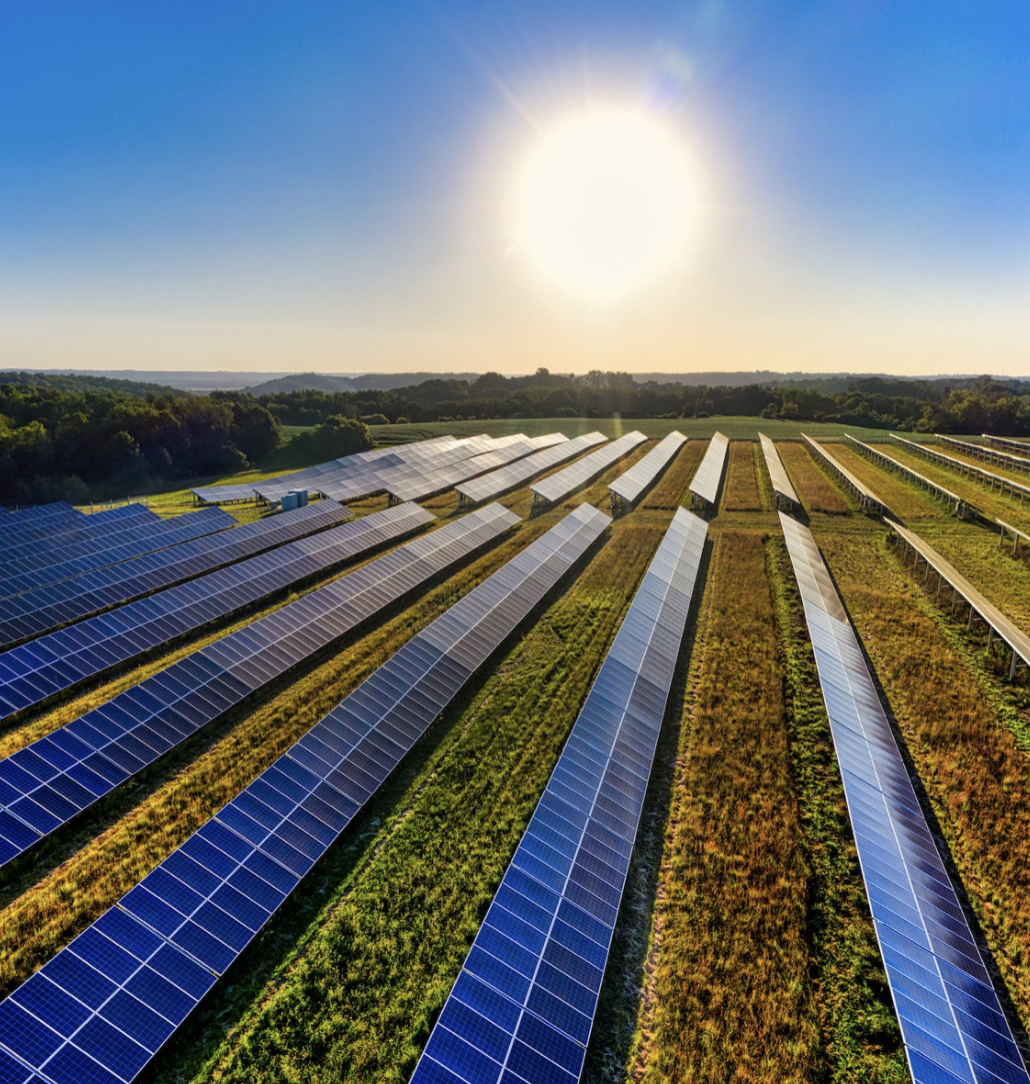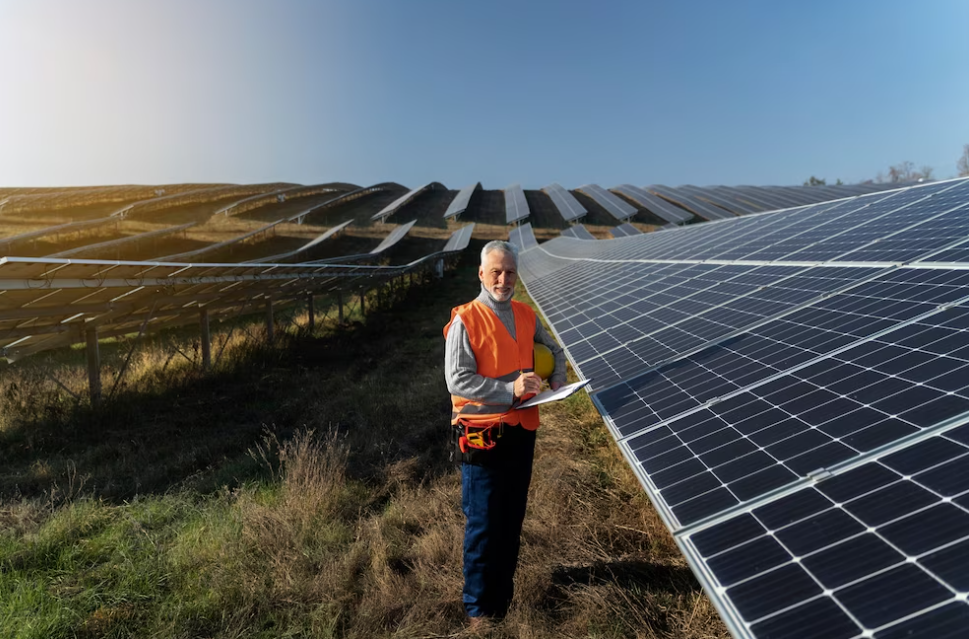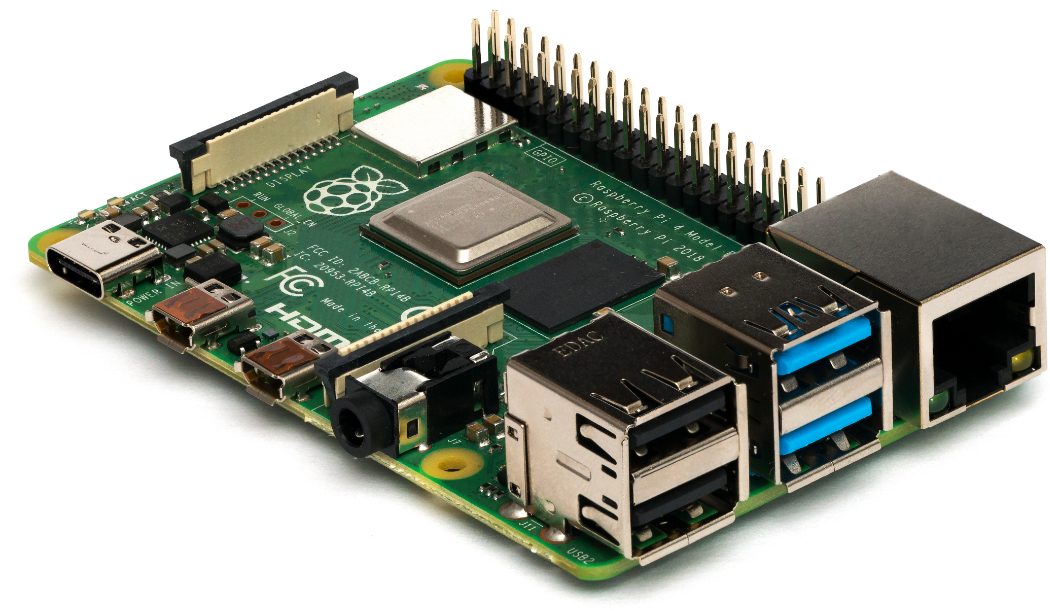Introduction
Ever wondered how the electricity powering your favorite online casino impacts the environment? It’s a question that’s becoming increasingly relevant in our digital age. The online gambling industry has exploded in popularity over the past couple of decades, but have you ever stopped to think about the energy consumption behind those flashy slot machines and live poker rooms? Well, buckle up, because we’re about to dive into the fascinating world where energy policies collide with the virtual casino floor.
In this digital era, where everything from shopping to socializing happens online, it’s no surprise that gambling has found its home in cyberspace too. But here’s the kicker: all those servers running 24/7 to keep your bets rolling and wheels spinning? They’re energy hungry beasts. And in a world grappling with climate change and energy crises, that’s a big deal.
So, let’s roll the dice and explore how the decisions made in boardrooms about energy use are reshaping the landscape of online gambling. Trust me, by the time we’re done, you’ll see your next online poker game in a whole new light!
The Online Gambling Industry: An Overview
History and Growth
Picture this: it’s the mid-1990s. The internet is still in its infancy, and most of us are just getting used to the screeching sound of dial-up modems. But some visionaries saw beyond the clunky interfaces and slow connections. They saw a future where you could place a bet from the comfort of your living room.
Fast forward to today, and online gambling has become a behemoth of an industry. From humble beginnings with basic online poker rooms and rudimentary casino games, it’s evolved into a multi-billion dollar global phenomenon. We’re talking about virtual reality casinos, live dealer games streamed in HD, and sports betting platforms that give you odds on everything from the Super Bowl to your local little league game.

The growth has been nothing short of explosive. Remember when smartphones became a thing? That was like pouring rocket fuel on the online gambling industry. Suddenly, everyone had a potential casino in their pocket. The industry adapted quickly, optimizing their platforms for mobile use, and boom – the market expanded exponentially.
But here’s the thing: with great power comes great responsibility (and energy consumption, but we’ll get to that later).
Economic Impact
Now, let’s talk money. The online gambling industry isn’t just about fun and games – it’s a serious economic powerhouse. We’re talking about an industry that’s generating billions in revenue annually. But it’s not just lining the pockets of casino owners; it’s having a ripple effect across various sectors of the economy.
Here’s a quick rundown of some of the economic benefits:
- Revenue generation: Online gambling sites are cash cows for many countries, bringing in substantial tax revenues that can fund public services and infrastructure.
- Job creation: From software developers to customer service reps, the industry is creating a wide range of job opportunities.
- Technological advancements: The need for secure, fast, and engaging platforms is driving innovation in fields like cybersecurity, payment processing, and virtual reality.
But it’s not just about creating jobs in the tech sector. Think about all the ancillary industries that benefit. Marketing agencies specializing in iGaming, compliance experts navigating the complex regulatory landscape, even psychologists developing responsible gambling programs.
And let’s not forget about the players themselves. For some lucky folks, online gambling has become a legitimate source of income. Professional poker players, for instance, can now compete in international tournaments without ever leaving their homes.
But as with any booming industry, there’s a catch. All this growth and economic activity comes with a hefty energy price tag. And that’s where things start to get interesting…
Energy Consumption in Online Gambling
Data Centers and Energy Usage
Alright, let’s pull back the curtain and take a peek at the engine room of online gambling: the data centers. These are the unsung heroes (or villains, depending on your perspective) of the digital gambling world. Imagine rows upon rows of servers, humming away 24/7, processing millions of bets, spins, and shuffles every single second. It’s like Las Vegas, but instead of neon lights, we’ve got blinking server lights as far as the eye can see.
Now, here’s the kicker: these data centers are energy guzzlers. They need power to run the servers, sure, but that’s just the tip of the iceberg. These machines generate a ton of heat, so you need massive cooling systems to keep them from melting down. It’s like trying to keep your gaming PC cool during an all-night session, but on a massive scale.
To give you an idea of the scale we’re talking about, some estimates suggest that a single large data center can consume as much energy as a small town. Let that sink in for a moment. Every time you place a bet or spin a virtual slot, you’re essentially flicking on a light switch in this digital town.
But it’s not all doom and gloom. The online gambling industry is increasingly aware of its carbon footprint. Many companies are looking for ways to make their data centers more energy-efficient. We’re talking about everything from advanced cooling techniques to using renewable energy sources. Some gambling operators are even touting their green credentials as a selling point to environmentally conscious players.
Comparison with Land-Based Casinos
Now, I know what you’re thinking: “Sure, online casinos use a lot of energy, but aren’t they still better than those energy-hungry resorts in Las Vegas?” Well, you’re onto something there. Let’s break it down.
Your typical land-based casino is a marvel of energy consumption. Think about it: massive buildings lit up like Christmas trees 24/7, powerful air conditioning systems keeping things cool in the desert heat, not to mention all the slot machines, card tables, and other equipment running round the clock. It’s like a small city that never sleeps.
In comparison, online gambling platforms might seem like energy-saving angels. After all, there’s no need for all that flashy lighting or air conditioning for thousands of visitors. But it’s not quite that simple.
While an online casino might use less energy overall, it’s serving a much larger number of players. A physical casino is limited by its physical space and location. An online platform can serve millions of players worldwide simultaneously. So while the energy per player might be lower for online gambling, the total energy consumption can still be significant due to the sheer scale of operations.

That said, online gambling does have some clear environmental advantages. No need for players to travel to a physical location, which cuts down on transportation emissions. No physical chips or cards to produce and dispose of. And let’s not forget about all the water saved from not having to maintain those lush casino gardens in the middle of the desert!
The reality is, both online and land-based casinos have their energy challenges. But here’s where it gets interesting: the solutions to these challenges could lead to innovations that benefit industries far beyond the world of gambling. And that’s where energy policies come into play…
Impact of Energy Policies
Renewable Energy Initiatives
Now, let’s shift gears and talk about how the big picture of energy policy is reshaping the online gambling landscape. You’ve probably heard a lot about renewable energy lately – solar panels popping up on rooftops, wind turbines dotting the countryside. Well, guess what? This green energy revolution is making waves in the world of online gambling too.
Many countries are pushing hard for a transition to renewable energy sources. They’re offering incentives for businesses to go green and, in some cases, penalizing those who don’t. For online gambling operators, this presents both a challenge and an opportunity.
On one hand, switching to renewable energy can be costly upfront. We’re talking about major investments in new infrastructure or long-term agreements with green energy providers. But here’s the silver lining: in the long run, it could lead to significant cost savings. Renewable energy prices are becoming increasingly competitive, and in some areas, they’re already cheaper than fossil fuels.
But it’s not just about the bottom line. Many online gambling companies are realizing that going green can be a powerful marketing tool. Imagine being able to tell your players that every spin of the roulette wheel is powered by the sun or the wind. It’s a great way to appeal to environmentally conscious gamblers and potentially tap into new markets.
Some forward-thinking companies are taking it even further. They’re not just buying green energy; they’re producing it themselves. Picture a data center with its roof covered in solar panels, or even a wind turbine or two out back. It’s not science fiction – it’s happening right now.
Regulatory Frameworks
Now, let’s talk about the nitty-gritty of energy regulations and how they’re shaking up the online gambling world. It’s like a global game of chess, with different countries making different moves, and gambling operators trying to stay one step ahead.
In some regions, particularly in Europe, we’re seeing strict energy efficiency standards being imposed on data centers. This means online gambling companies need to prove they’re using energy responsibly if they want to operate there. It’s not just about using less energy; it’s about using it smarter.
On the flip side, some countries are offering tax incentives for companies that meet certain green standards. For online gambling operators, this could mean significant savings – money that could be reinvested in improving their platforms or offering better odds to players.
But here’s where it gets tricky: these regulations aren’t uniform across the globe. An operator might be fully compliant in one country but fall short in another. It’s creating a complex patchwork of requirements that companies need to navigate.
This regulatory landscape is having a real impact on where online gambling companies choose to base their operations. Some are relocating their data centers to countries with more favorable energy policies. Others are spreading their operations across multiple locations to minimize risk.
And let’s not forget about the compliance costs. Meeting these energy standards often requires significant investment in new technology and infrastructure. For smaller operators, these costs can be a real challenge. It’s leading to some interesting developments in the industry, including more partnerships and consolidations as companies team up to share the burden of compliance.
All of this regulatory complexity is pushing the industry to innovate. Which brings us to our next point: the future of energy use in online gambling…
Future Trends
Technological Innovations
Alright, let’s put on our futurist hats and take a peek at what’s coming down the pipeline. The online gambling industry isn’t just sitting back and waiting for energy problems to solve themselves. No sir, they’re diving headfirst into some seriously cool tech solutions.
First up, let’s talk about AI and machine learning. These aren’t just buzzwords; they’re revolutionizing how online gambling platforms manage their energy use. Imagine an AI that can predict peak gambling hours and automatically adjust server usage to match. It’s like having a super-smart energy manager working 24/7 to keep things running efficiently.
But that’s just the beginning. Some companies are experimenting with edge computing. Instead of routing everything through massive central data centers, they’re distributing the workload to smaller, local nodes. It’s like having a network of mini-casinos all over the place, each serving its local area. This could significantly reduce the energy needed for data transmission.
And here’s a wild one: quantum computing. It’s still in its early stages, but some experts believe it could be a game-changer for online gambling. Quantum computers could potentially handle complex calculations with far less energy than traditional computers. Imagine being able to run an entire online casino on the power equivalent of a few light bulbs!
We’re also seeing innovations in cooling technology. Some data centers are experimenting with liquid cooling systems that are far more efficient than traditional air conditioning. Others are getting creative with location, setting up shop in naturally cool environments like underground caves or near the Arctic Circle.
But perhaps the most exciting developments are happening in the realm of blockchain and cryptocurrencies. These technologies could potentially make online gambling transactions more energy-efficient by reducing the need for intermediaries and streamlining processes.
Predicted Economic and Environmental Impact
So, what does all this mean for the future of online gambling and its impact on our planet and our wallets? Well, buckle up, because things are about to get interesting.
From an economic standpoint, we’re likely to see some significant shifts. The initial costs of adopting these new technologies and meeting stricter energy standards will be high. This could lead to a period of consolidation in the industry, with smaller operators either being bought out or forming alliances to stay competitive.
But in the long run, these investments could pay off big time. Lower energy costs could mean higher profits for gambling operators, potentially leading to better odds and bonuses for players. It could also make the industry more resilient to energy price fluctuations.
On the environmental front, the outlook is cautiously optimistic. If the industry continues to embrace renewable energy and energy-efficient technologies, we could see a significant reduction in its carbon footprint. Some experts predict that within a decade, the online gambling industry could become carbon neutral or even carbon negative.

This green shift could have ripple effects beyond just the gambling world. The innovations developed for online casinos could be applied to other data-intensive industries, leading to broader environmental benefits.
But here’s the kicker: these positive outcomes aren’t guaranteed. They depend heavily on continued technological innovation, supportive energy policies, and a commitment from the industry to prioritize sustainability.
As players, we have a role to play too. By supporting operators who are making genuine efforts to go green, we can help drive the industry in a more sustainable direction. After all, every bet we place is a vote for the kind of future we want to see.
Conclusion
Summary of Key Points
Whew! We’ve covered a lot of ground, haven’t we? Let’s take a moment to recap the key points of our journey through the intersection of energy policies and online gambling.
We’ve seen how the online gambling industry has grown from a niche market to a global powerhouse, bringing with it significant economic benefits but also hefty energy demands. We’ve explored the energy hunger of data centers and compared them to their flashy land-based cousins. We’ve delved into how renewable energy initiatives and regulatory frameworks are reshaping the industry landscape, pushing operators to innovate and adapt.
Final Thoughts
As we look to the future, it’s clear that the relationship between energy policies and online gambling is only going to get more complex and interesting. The industry stands at a crossroads, facing challenges but also unprecedented opportunities to lead the way in sustainable digital entertainment.
Will we see a future where every spin of a virtual slot machine is powered by the sun or the wind? Will quantum computing revolutionize how we gamble online? Only time will tell. But one thing’s for sure: the decisions made today about energy use and policy will shape the online gambling landscape for years to come.
So next time you log in to your favorite online casino, take a moment to think about the energy powering your play. Who knows? Your winning streak might just be helping to fuel a greener future for us all.








